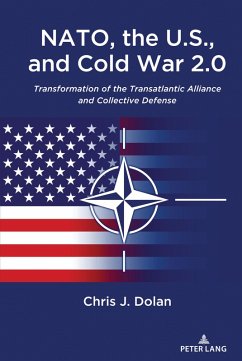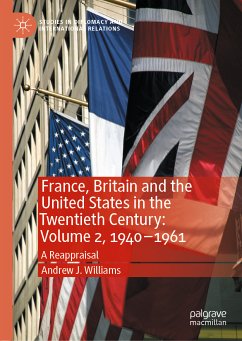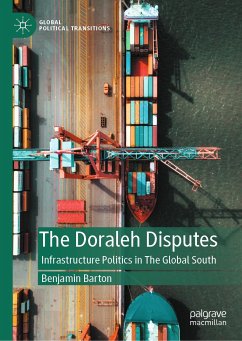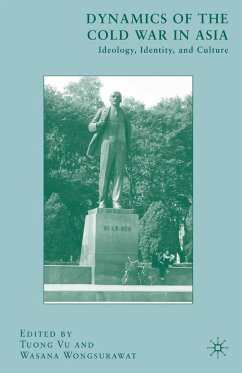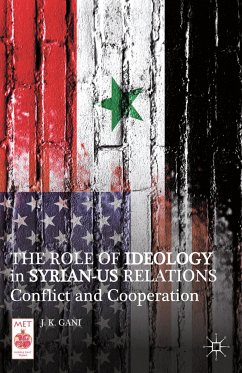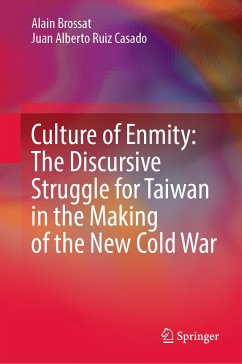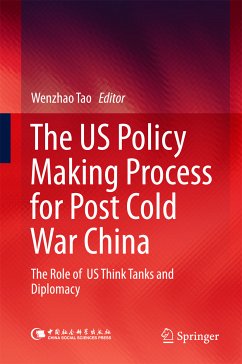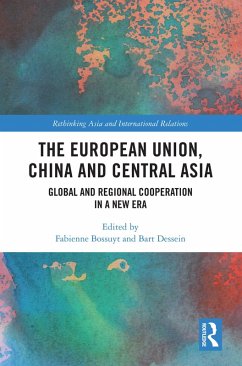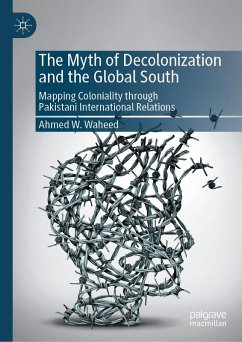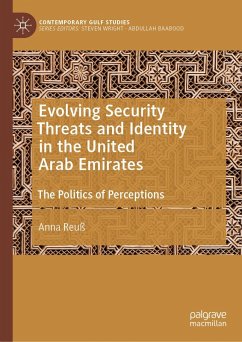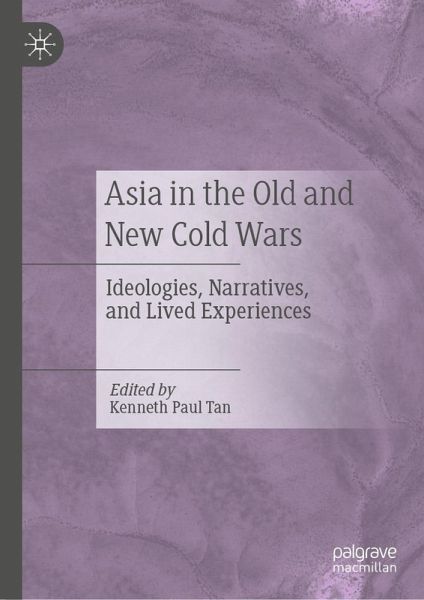
Asia in the Old and New Cold Wars (eBook, PDF)
Ideologies, Narratives, and Lived Experiences
Redaktion: Tan, Kenneth Paul
Versandkostenfrei!
Sofort per Download lieferbar
104,95 €
inkl. MwSt.
Weitere Ausgaben:

PAYBACK Punkte
52 °P sammeln!
This is a collection of essays marking the 30th anniversary of the historic Cold War's formal conclusion in 1991. It enriches Cold War studies-a field dominated by Political Science, International Relations, and History-with insights from Sociology, Anthropology, Cultural Studies, and Film and Media Studies. Through critical analysis of newspaper and magazine articles, films, novels, art exhibits, museums, and other commemorative sites that engage with the themes of conflict, violence, trauma, displacement, marginalization, ecology, and identity, the book provides rich and diverse perspectives...
This is a collection of essays marking the 30th anniversary of the historic Cold War's formal conclusion in 1991. It enriches Cold War studies-a field dominated by Political Science, International Relations, and History-with insights from Sociology, Anthropology, Cultural Studies, and Film and Media Studies. Through critical analysis of newspaper and magazine articles, films, novels, art exhibits, museums, and other commemorative sites that engage with the themes of conflict, violence, trauma, displacement, marginalization, ecology, and identity, the book provides rich and diverse perspectives on the complex relationship between the historic Cold War and its legacies on the one hand and, on the other, their impact on Asia, its plural histories and peoples, and their shifting identities, ideological beliefs, and lived experiences.
Today, we often speak of an 'Asian century' and witness intensifying concerns over 'new cold wars' or 'Cold War 2.0'. A United Statesin decline and a China on the rise create conditions for a new superpower rivalry, with a trade war already being fought between the two competitors. Russia continues to flex its geopolitical muscles, launching a full-scale invasion of neighbouring Ukraine in 2022, as its strongman leadership yearns nostalgically for the good old days of the USSR. As grand narratives and strategies of the Cold War jostle to make sense of high-level geopolitical events, this book descends to the level of lived experience, zooming in on ordinary and marginalized peoples, whose lives and livelihoods have been affected over the decades by the Cold War and its legacies.
Dieser Download kann aus rechtlichen Gründen nur mit Rechnungsadresse in A, B, BG, CY, CZ, D, DK, EW, E, FIN, F, GR, HR, H, IRL, I, LT, L, LR, M, NL, PL, P, R, S, SLO, SK ausgeliefert werden.



